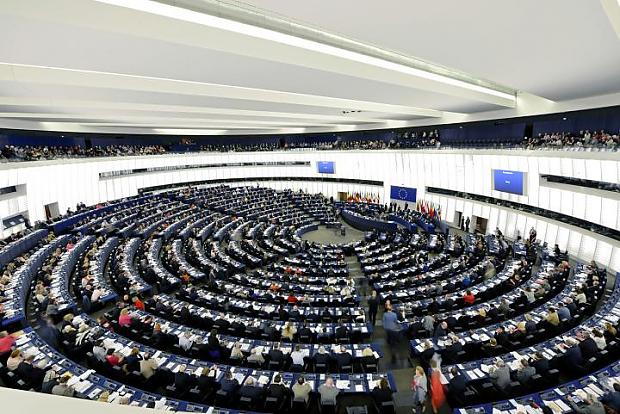EU spending shows fewer errors, but questions remain
EU spending shows fewer errors, but questions remain

On 4th October the European Court of Auditors published its official annual report on EU expenditure. SP Euro-MP Dennis de Jong's reaction to this is relatively positive, but he continues to have criticisms, as he explains. “It's certainly good news that the proportion of spending errors has fallen from 3.1% to 2,4%, though just as was the case last year you probably need to add some 2% which the Court of Auditors has left out of the reckoning. Nevertheless, the trend is good. You might well ask yourself how well the paperwork reflects the reality of all the practical examples of fraud and corruption, and of the waste which regularly emerges via the media. And finally, as the report shows, we would be better off putting an end to the so-called Juncker investment fund, which, as it turns out, clearly doesn't work.”
In the past the percentage of faults was the reason why the Court refused to approve the accounts. This year, as last year, they have done so, but accompanied in each case by a declaration that spending should be reduced. “Last year the Court of Auditors added a footnote to the effect that the real percentage should be some 2% higher, if you were to follow the letter of the law, but this year these data have been left out,” says De Jong. “Even so, we can talk in terms of a positive development, at least on paper. In practice investigative reporters have come across a lot of abuses. Corruption in Hungary, where for its own gain the government allows unnecessary projects to be funded, empty High Speed Trains in Spain and deserted docks and airports, all paid for in part with EU money. Investigations into fraud by the former director and a number of other managers are ongoing and will be for some time before the Agency can be funded correctly. In relation to the policy area Security and Justice, the Court has conducted no investigations whatsoever, despite steep increases in expenditure. All in all the rosy picture is based on random samples, and that's worrying.”
The Court of Auditors is extremely concerned about the Juncker fund, which is controlled by the European Commission. “At the moment its seems that the plans aren't getting off the ground all that quickly,” De Jong notes. “Commitments have been made, but payments for actual enactment of the plans are lagging. This suggests that there's a shortfall between real needs in the member states on the one hand and the Juncker Fund on the other. For the member states, the fund is attractive principally because investments which come under it aren't counted in the budget deficit. But it doesn't work like that. So it would be better to go back to national investments and not count these in the budget deficit. Investments are aimed at benefits in the future and not at 'government consumption.'”
